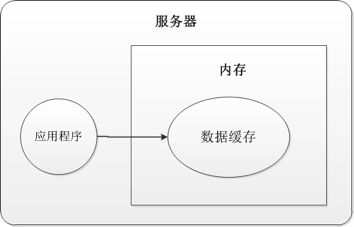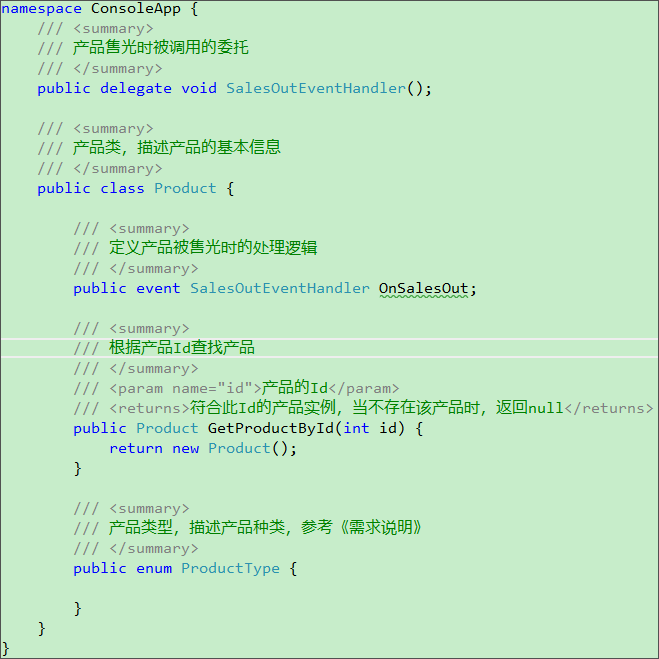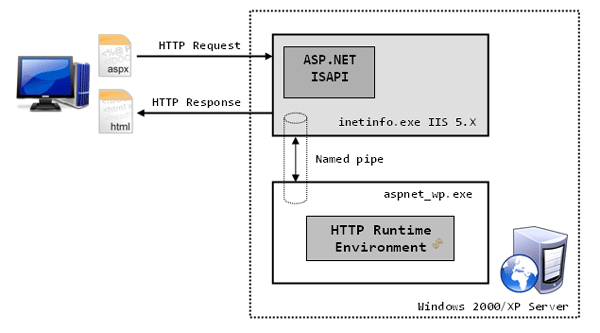|
|
簡單的工廠類的一個使用場景是, 假設有一個基類 BaseClass, 和一系列的子類 A, B, C, 工廠類根據某個參數,例如字符串 “A”, “B”, “C” 創建出相應的子類。 舉例如下:
public class Factory{ public static BaseClass Create(string name) { switch (name) { case "A": return new A(); case "B": return new B(); case "C": return new C(); default: throw new ArgumentException("Wrong Name"); } }}
這里的一個問題是, 當子類增加或減少時, Factory 類 需要相應的改動。 有沒有辦法可以只是改動子類本身, 而不用修改Factory類呢, 當然有,這里我舉一個簡單的實現。
基本思想是在每個子類上附加一個 Attribute, 定義如下:
[AttributeUsage(AttributeTargets.Class)]public class FactoryKeyAttribute : Attribute{ public object Key { get; set; }}
假設我們有基類和子類實現如下
public abstract class BaseClass {}[FactoryKey(Key = "Standard")]public class Standard : BaseClass {}[FactoryKey(Key = "Enterprise")]public class Enterprise : BaseClass {}[FactoryKey(Key = "Lite")]public class Lite : BaseClass {}
假設這些類都在同一個 Assembly中 (對于不在同一個Assembly的,實現會稍微復雜些)工廠類需要預先加載 Key => Type 的Mapping, 然后根據Key創建不同的實例, 實現如下:
public static class Factory<TKey, TBaseClass>{ private static readonly IDictionary<TKey, Type> TypeDict = Init(); private static IDictionary<TKey, Type> Init() { var dict = from type in Assembly.GetExecutingAssembly().GetTypes() let key = (FactoryKeyAttribute)Attribute.GetCustomAttribute(type, typeof(FactoryK
eyAttribute)) where key != null && type.IsSubclassOf(typeof(TBaseClass)) select new { Key = key, Value = type }; return dict.ToDictionary(kvp => (TKey)kvp.Key.Key, kvp => kvp.Value); } public static TBaseClass CreateInstance(TKey key) { Type type; if (TypeDict.TryGetValue(key, out type)) { return (TBaseClass)Activator.CreateInstance(type); } throw new ArgumentException("Incorrect Key!"); }}
使用方法也很簡單:
BaseClass s = Factory<string, BaseClass>.CreateInstance("Standard");BaseClass l = Factory<string, BaseClass>.CreateInstance("Lite");BaseClass e = Factory<string, BaseClass>.CreateInstance("Enterprise");
對于其他類型的Key,比如 Enum, 或其他類型的基類, 改變Factory 的類型參數即可。
NET技術:一個簡單的 Generic Factory 類,轉載需保留來源!
鄭重聲明:本文版權歸原作者所有,轉載文章僅為傳播更多信息之目的,如作者信息標記有誤,請第一時間聯系我們修改或刪除,多謝。



